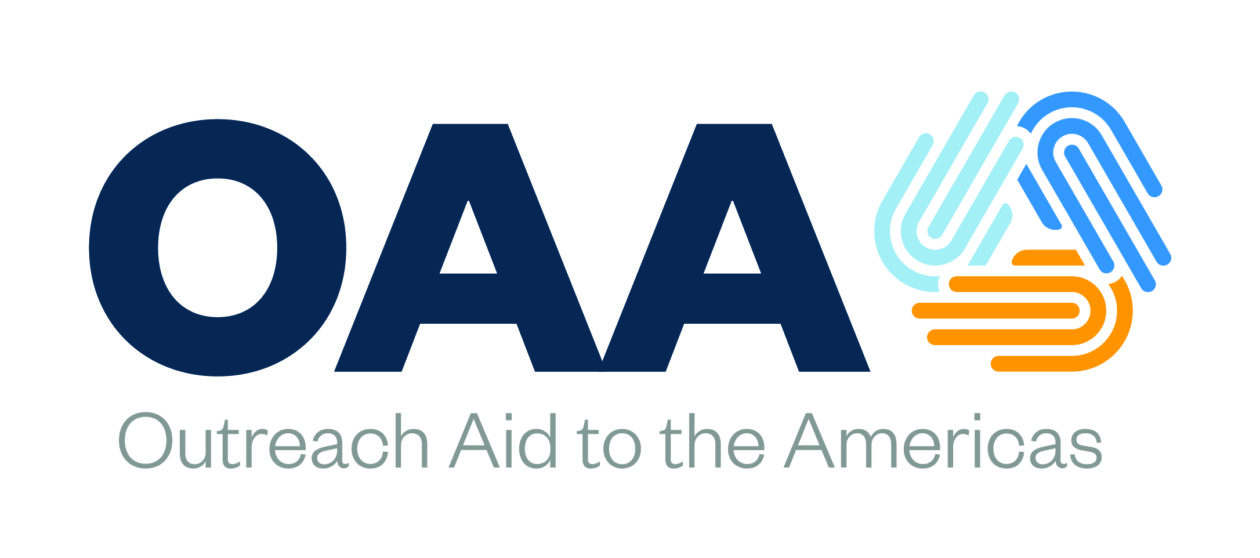Op-Ed: In its repression of religious freedom, Cuba targets Muslims, too
This Op-Ed was originally published in the Miami Herald on January 25, 2022. You can read the online version here.
In its repression of religious freedom, Cuba targets Muslims, too
By Teo A. Babun
January 25, 2023
The world is increasingly aware of the human-rights abuses suffered by religious Cubans, most of whom are Catholic and Protestant. To the Cuban regime’s frustration, however, church membership continues to thrive despite harsh repression led by the notorious Office of Religious Affairs.
Clearly, regime-enforced atheism has failed to persuade Cubans who recognize an authority higher than the state.
My organization, Outreach Aid to the Americas (OAA), has worked to expose the abuse Christians and others have endured since Fidel Castro’s takeover of Cuba in 1959.
Working with other faith-based groups and human-rights defenders, including independent experts at the United Nations, we support everyone in their pursuit of religious liberty. In December, we welcomed the U.S. State Department’s designation of Cuba as a “country of particular concern” for its severe violations of religious freedom.
Last year, OAA interviewed 56 independent faith leaders. They confirmed that the regime harasses, threatens, attacks and imprisons religious leaders and their followers; restricts their travel; confiscates church property; destroys church buildings; and uses “public opinion agents” to sow noxious rumors and discredit leaders. More leaders are being forced into exile, especially after the historic pro-reform protests on July 11, 2021.
Christians are not the only group targeted by the regime, however. Less known — but no less harsh — is the repression endured by Cuba’s independent Muslims, of whom there are an estimated 3,000 to 4,000.
According to one faith leader quoted in a report released last year by the U.S. Commission on International Religious Freedom, “Cuban Muslims are particularly repressed, restricted and delegitimized. Repression of Muslims has intensified in the last three years.”
Muslims are not allowed to pray in public, and women in the workplace and schools are bullied for wearing hijabs. They have lost jobs and positions in universities because of these “infractions,” and they are not allowed to bury their dead according to their custom. There are only two small mosques allowed in Cuba; in 2017, state security in Holguín forcibly closed a third household mosque, beating and jailing the imam, Abdullatif Abu Maryam.
To sideline and suppress independent Muslims, the Cuban regime in 2007 created the Islamic League, which is linked to the state-controlled Cuban Council of Churches. Among other functions, the League co-opts Muslim activities to conceal the real repression to which Muslims are subjected and to allow the regime to claim that Muslims can practice their faith freely.
Meanwhile, the Cuban Association for the Dissemination of Islam, which is not directed by the regime, is deemed illegal and not allowed to receive aid for community service projects. Its president, Abu Dunayah, was recently prevented from traveling to Mecca.
Unfortunately, even Muslim-majority countries have yet to decry Cuba’s treatment of their faithful. In the United Nations, they fail to call out Cuba’s dismal human-rights record — even as Cuban leaders consistently accuse the United States and Europe of Islamophobia.
One person interviewed by the U.S. Commission on International Religious Freedom said: “Many Islamic countries do not know what is happening. It is important to show the reality of Islam in Cuba to them, their clerics and their international investors.”
Indeed, in 2021, I spoke with Qatar’s ambassador to Cuba, Amb. Jamar Nasser Al Bader. During our meeting at a luxurious Miami hotel, he told me that his only concern was a Muslim-friendly new hotel that they wanted to build in the southern coast of Cuba. He did not seem to know anything about the persecution of Muslims. Evidently, he was unaware about the persecution of Muslims.
Human-rights monitors everywhere should take a closer look at Cuba, where Muslims live under truly Islamophobic policies. And Christian leaders who care about the state of religious freedom at home and abroad should pay attention, too, because as history has shown, if even one group’s rights are violated, no group is safe from repression.
